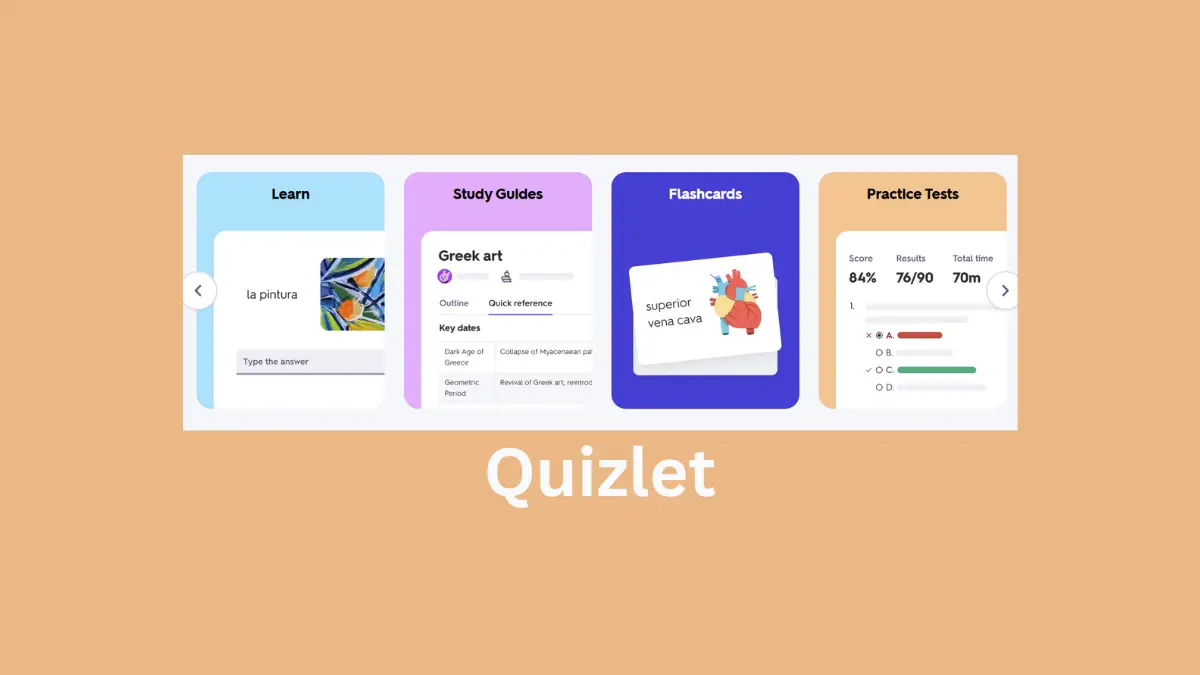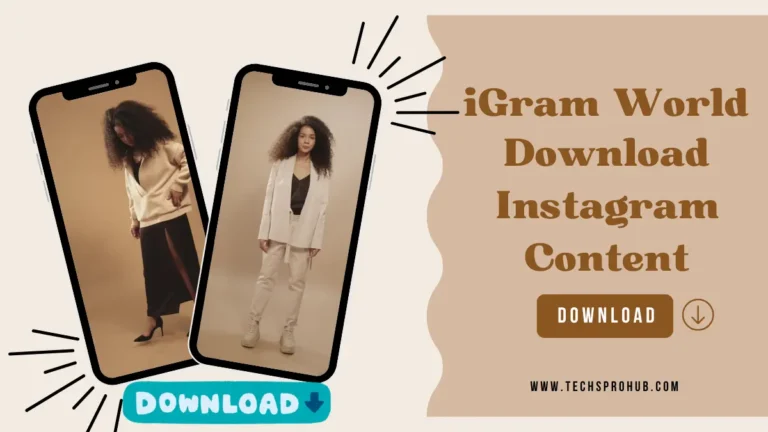After grinding through countless exams and career transitions with Quizlet as my trusty sidekick, I can tell you this digital learning platform isn’t just another study app – it’s a game-changer. Whether you’re pulling all-nighters for finals or trying to master new industry jargon for a career pivot, I’ve seen firsthand how Quizlet can transform your learning process.
Table of Contents
My Quizlet Journey: From College Cramming to Career Development
When I first discovered Quizlet during my sophomore year, I was drowning in organic chemistry terms. What started as a desperate search for a flashcard tool became my secret weapon throughout college and later, my career transitions.
In college, I created custom sets for everything from biochem pathways to statistical formulas. Four years and hundreds of study sets later, I found myself using the same tool to master programming syntax when I pivoted from marketing to data analytics. The platform’s adaptive learning approach – which adjusts questions based on what you’re struggling with – helped me focus my limited study time on concepts I hadn’t mastered yet, rather than reviewing material I already knew.
Why Quizlet Works
Traditional studying (re-reading notes, highlighting textbooks) feels productive but science shows it’s not very effective. Quizlet uses proven learning methods like active recall and spaced repetition that actually work – similar to other gamified learning platforms but with a focus on flashcard mastery.
I’ve watched my grades climb after implementing Quizlet into my study routine – and I’m not alone. Research shows 92% of users report higher grades after using the platform.
What makes it so effective? A recent study found Quizlet significantly boosts information retention and achievement. The experimental group showed marked improvement in knowledge acquisition compared to the control group.
Beyond College: Quizlet for Career Development
Quizlet isn’t just for acing exams – it’s a career development powerhouse. During my transition from marketing to data analytics, I created sets for SQL commands, Python syntax, and visualization libraries. When my colleague jumped from teaching to UX design, she used Quizlet to master design principles and software shortcuts.
For professional development, Quizlet has been my go-to for:
- Industry Certification Prep: I created comprehensive sets for my Google Analytics certification, organizing terms by exam section. A friend passed her PMP exam using exclusively Quizlet-based study sessions.
- Technical Vocabulary: I built a “data science dictionary” with industry jargon that impressed interviewers during my career switch.
- Software Training: Learning Tableau was faster with diagram-based flashcards showing interface elements and their functions.
- Process Memorization: For complex workflows like data cleaning protocols, I created sequence-based flashcards that helped cement the proper order of operations.
The platform’s flexibility let me include both code snippets and visualizations, which was crucial for technical concepts. During late-night study sessions, the mobile app kept me productive during commutes and lunch breaks.
Getting Started:
Getting started with Quizlet is straightforward. Here’s how to create your first study set:
- Log in to your account
- Click “Create” then “Flashcard set”
- Choose “Create from scratch”
- Add terms in the first column and definitions in the second
- Hit “Create” to save
Pro tip: For quick access, head to quizlet. I bookmark this for when inspiration strikes during lectures or meetings.
Power User Strategies I’ve Developed
After countless late-night study sessions with Quizlet, I’ve developed strategies that transformed my learning efficiency:
- Progressive Study Approach: My “30-40-30” rule works wonders – spend 30% of your time with basic flashcards to gain familiarity, 40% in Learn mode for active reinforcement, and 30% in Test mode to identify weak spots. This approach helped me crush a technical interview after just two weeks of prep.
- Multimedia Integration: When learning cloud architecture for AWS certification, simple text cards weren’t cutting it. Adding diagrams to visualize network structures improved my retention dramatically. For coding syntax, I pair screenshots with explanations.
- Collaborative Sets: During a UX bootcamp, our study group created a massive shared set where each person contributed terms from different modules. This collective knowledge base saved us hours of individual work.
- Spaced Review: The “Sunday Six” technique changed my game – six 10-minute Quizlet sessions every Sunday, reviewing different career-relevant sets. This consistent approach builds long-term memory better than any cramming session.
Leveraging Quizlet’s Study Modes
Quizlet offers several study modes, each with unique benefits:
- Learn Mode: My go-to for initial mastery – it adapts questions based on your performance
- Test Mode: Perfect pre-exam simulation
- Match Mode: Great for quick review sessions between classes
- Live Mode: I’ve used this for team training at work – turns learning into a competitive game similar to Kahoot’s gamification approach
The platform tracks your progress across modes, helping you identify areas that need more attention. While other platforms like Blooket focus on classroom engagement, Quizlet excels at individual mastery and personalized study paths.
Advanced Features
Quizlet has evolved well beyond simple text cards. Features I’ve found particularly useful include:
- Diagrams: Essential for visual subjects – I used these extensively for learning database relationships
- Audio Pronunciation: Game-changer for learning technical pronunciation or foreign terms
- Folders and Organization: Helps maintain separate sets for different subjects or projects
- Offline Access: Saved me during spotty Wi-Fi situations
Premium Model
Let’s talk about the elephant in the room: Quizlet’s shift toward a premium model. Many previously free features now require a subscription ($35.99 annually or $7.99 monthly).
Non-subscribers are limited to one practice test and five rounds of learn mode per study set. As someone who relied heavily on unlimited access to these features, I initially found this frustrating. However, after weighing the cost against the productivity benefits, I found the premium tier worth it for my professional development needs.
If the premium features aren’t in your budget, several alternatives have emerged. You might want to check out platforms like Quizizz which offers some similar functionality with different pricing structures:
- Anki: Offers powerful spaced repetition with a steeper learning curve
- Cram: Provides similar functionality with more free features
- Brainscape: Features confidence-based repetition
Integration into Your Learning Ecosystem
One thing I appreciate about Quizlet is how it works with other tools. You can:
- Share study sets through Microsoft Teams
- Create classes through Google Classroom
- Import/export content between platforms
This connectivity makes it fit seamlessly into existing study or work environments.
Is Quizlet Worth It?
After using Quizlet through two degrees and three career transitions, my verdict is: absolutely yes, especially for college students and career switchers.
For college students drowning in terminology-heavy courses, Quizlet is a lifeline. A classmate once told me she raised her Biochem grade from a C to an A- in one semester using nothing but strategic Quizlet sessions. Even with the free tier limitations, you can create unlimited sets – making it valuable without spending a dime.
For career changers, Quizlet provides something invaluable: structured, efficient knowledge acquisition. When I jumped into data science without a traditional background, Quizlet helped me bridge terminology gaps that would have taken months of workplace exposure. A friend transitioning from accounting to project management credited Quizlet with helping her speak the language of her new field from day one.
The shift to premium isn’t ideal, but I’ve found the $7.99 monthly investment trivial compared to the career advancement it’s facilitated. During intensive learning phases (certification prep, career transitions), I subscribe for a few months, then downgrade once I’ve mastered the material.
My career development secret? Building a “vocabulary advantage” through Quizlet. Every field has its specialized language – master it quickly, and you’ll sound like an insider from day one. In interviews and client meetings, this linguistic fluency creates instant credibility.
What’s your experience with Quizlet? Has it helped you ace an exam or level up professionally? I’d love to hear your story.




